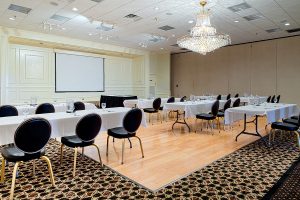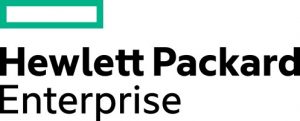A 2015 study conducted by Microsoft found that the average attention span is about eight seconds. This gives us about five more seconds to keep your attention.
Still with us? Keep reading to learn how to do the same with your attendees.
Getting people to your event is only the first step. Once they arrive, you have to battle for their attention. Work-related emails, text messages from home, social media check-ins, and even the quest for the next level in Candy Crush all threaten to steal the focus of attendees. We've pulled together a couple of ideas to put to work as you battle to make it past the eight second mark.[Tweet "Once they arrive at your event, you have to battle for their attention. #GovEventsBlog"] Continue reading






 The seventh annual
The seventh annual 
